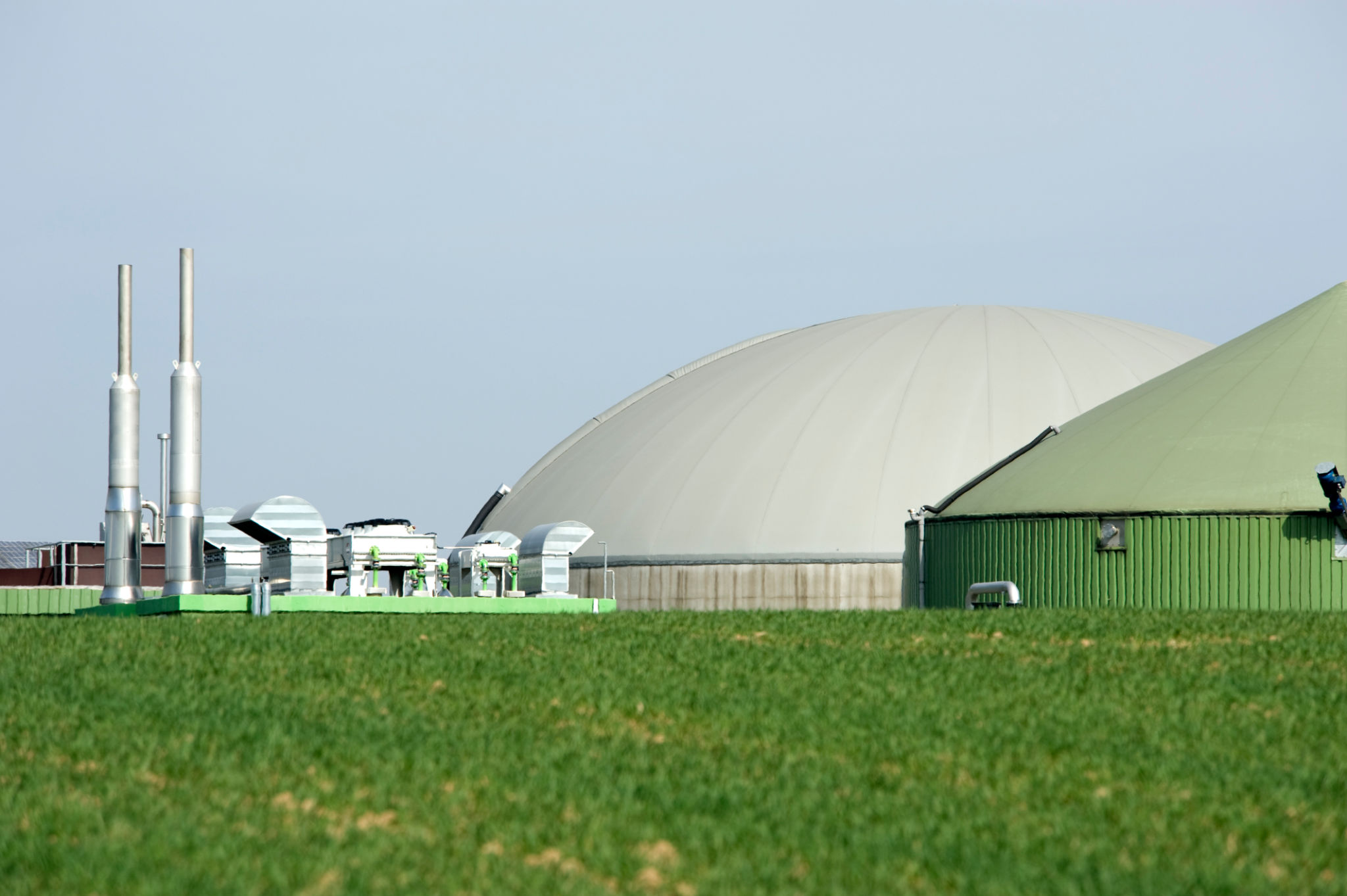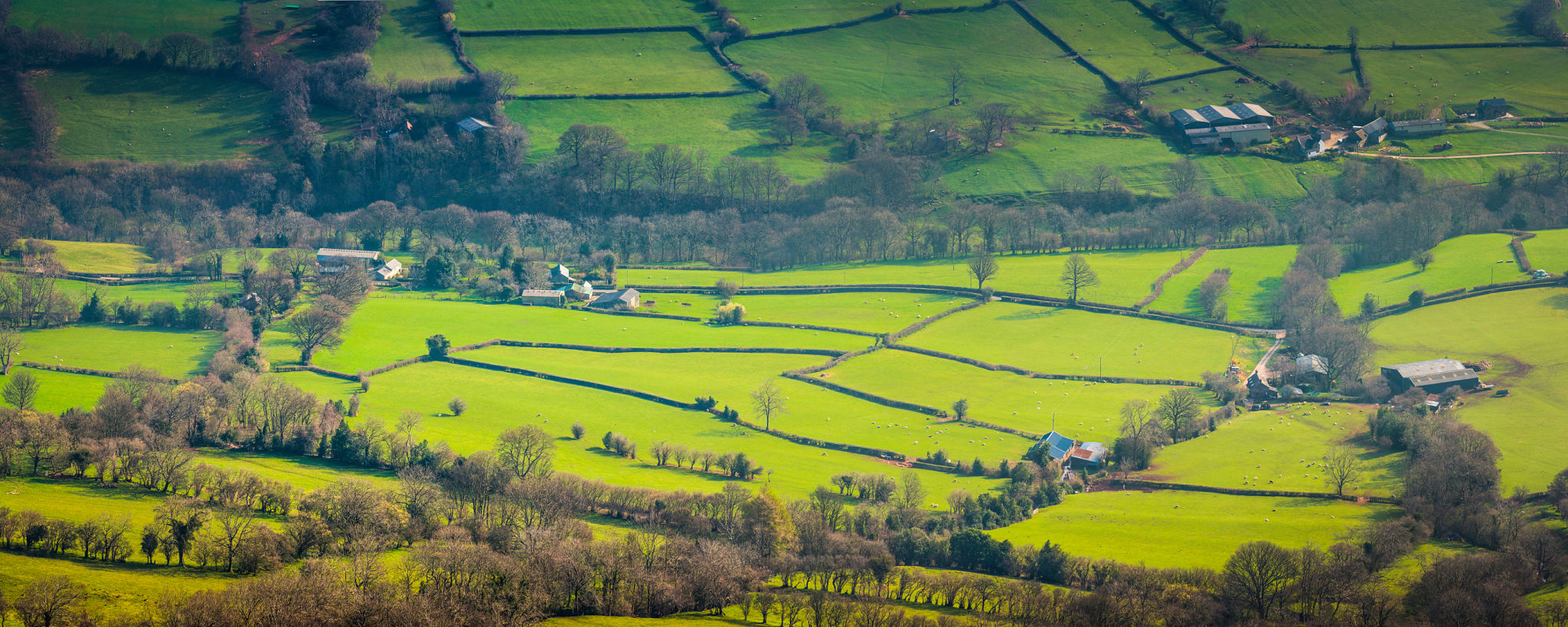Carlow to Host Ireland’s Largest Biogas Plant: A Greener Future for Energy and Agriculture
Introduction
There’s exciting news out of Carlow this month, where plans have been unveiled for what will become Ireland’s largest biogas plant. This ambitious project is more than just another energy development — it represents a real shift in how we think about waste, farming, and our national approach to sustainability.
Once built, the facility will process vast amounts of organic material — everything from agricultural slurry to food waste — and convert it into renewable biogas. This gas can then be used to generate electricity, produce heat, or be upgraded into biomethane for the national gas grid.
For those of us working across agriculture and sustainability, it’s a clear signal: the future of energy in Ireland is local, circular, and low-carbon.

What Is Biogas and Why Does It Matter?
Put simply, biogas is produced when organic materials like slurry, silage, or food waste break down in the absence of oxygen — a process known as anaerobic digestion. The result is a methane-rich gas that can be used to generate energy, along with a nutrient-rich by-product called digestate.
But it’s not just about energy production. Biogas ticks several critical boxes:
It tackles emissions at the source. Methane is over 80 times more potent than carbon dioxide in the short term. By capturing it from waste that would otherwise release it into the atmosphere, we’re making a real dent in agricultural emissions.
It supports energy independence. Biogas is produced year-round using local materials — reducing reliance on volatile fossil fuel markets.
It gives waste a second life. Ireland generates over one million tonnes of food waste each year. Instead of sending it to landfill, we can turn it into something useful.
It feeds the soil, not just the grid. Digestate, the by-product of biogas production, can be used on farms as a natural fertiliser. It’s lower in odour, safer for water quality, and kinder to the land than untreated slurry.
At present, less than 1% of Ireland’s gas supply comes from renewable sources. Compare that with Denmark, where over 20% of the gas grid is fed by biomethane, and it’s clear we’ve some catching up to do. The good news? We’ve got the resources, the know-how, and now — with Carlow — the momentum.

What We Know About the Carlow Plant
While some of the finer details are still being finalised, what’s been announced so far paints a picture of a game-changing development:
- The plant will be designed to process upwards of 100,000 tonnes of organic waste each year, much of it from local farms and food processors.
- It’s expected to generate around 100 GWh of energy annually — enough to heat or power around 10,000 homes.
- By capturing and using methane that would otherwise escape, the facility could prevent the release of up to 50,000 tonnes of CO₂-equivalent emissions per year.
- The project will create dozens of local jobs, both during construction and in long-term plant operations.
- There’s potential for the gas produced to be injected into the national grid, helping to decarbonise home heating and transport — two of Ireland’s most stubborn emissions sectors.
This is precisely the kind of infrastructure that the Irish Government has called for in its recently published Biomethane Strategy, which sets a target of delivering 5.7 TWh of biomethane by 2030. Carlow’s plant will play a leading role in helping to meet that target.

What This Means for Irish Farmers
For those working the land, the Carlow development offers more than environmental benefits — it also presents new opportunities.
- Turning waste into income: Farmers supplying slurry, silage, or crop residues for biogas production could gain a steady revenue stream, helping to support farm viability in a time of rising costs and uncertainty.
- Easing regulatory pressures: With nitrate limits tightening and water quality under the microscope, AD plants offer a cleaner way to manage nutrients and organic waste — while still returning digestate to the land as a more stable, slow-release fertiliser.
- Supporting better soil health: Digestate has been shown to improve soil structure and nutrient availability, helping reduce reliance on chemical fertilisers and supporting regenerative practices.
- Diversifying for resilience: As part of a wider on-farm sustainability plan, participating in the biogas supply chain can help farmers adapt to climate demands while maintaining production.
Other European countries are already far ahead. As mentioned, in Denmark, more than a quarter of manure is processed through AD plants, and farm incomes are often stabilised through these partnerships. There’s no reason Ireland can’t build a similar model — one that keeps value in rural communities while meeting national climate goals.

A Step in the Right Direction
At The Informed Farmer Consultancy, we believe this development marks a real turning point. It shows that large-scale, collaborative solutions are not only possible — they’re already happening.
The Carlow biogas plant brings together several strands of what we stand for: sustainable agriculture, renewable energy, resource efficiency, and climate resilience. It’s a model for the kind of joined-up thinking that will define the future of farming and food in Ireland.
We’ll be following this project closely and look forward to seeing how it shapes policy, investment, and farm-level engagement across the country.

Conclusion
The Carlow biogas project isn’t just about building a facility — it’s about building a more sustainable, resilient future for Irish agriculture and energy. It’s a prime example of how innovation, when rooted in local knowledge and supported by national ambition, can deliver practical solutions to some of our biggest environmental and economic challenges.
For farmers, it opens doors to new income streams, smarter nutrient management, and a stronger voice in Ireland’s climate journey. For the wider community, it’s a step towards cleaner energy, reduced waste, and greater self-sufficiency.
As Ireland continues to navigate its path towards net zero, developments like this remind us that meaningful change happens when we align the needs of the land with the needs of the planet.
At The Informed Farmer Consultancy, we’re proud to support this transition — and we’re here to help others do the same. Whether you’re a farmer, food producer, or community stakeholder, now’s the time to get involved in shaping a cleaner, greener rural economy.
If you’d like to explore what this could mean for your business or farm, we’d love to hear from you. Let’s work together to turn potential into progress.
*By Anne Hayden MSc., Founder, The Informed Farmer Consultancy.
